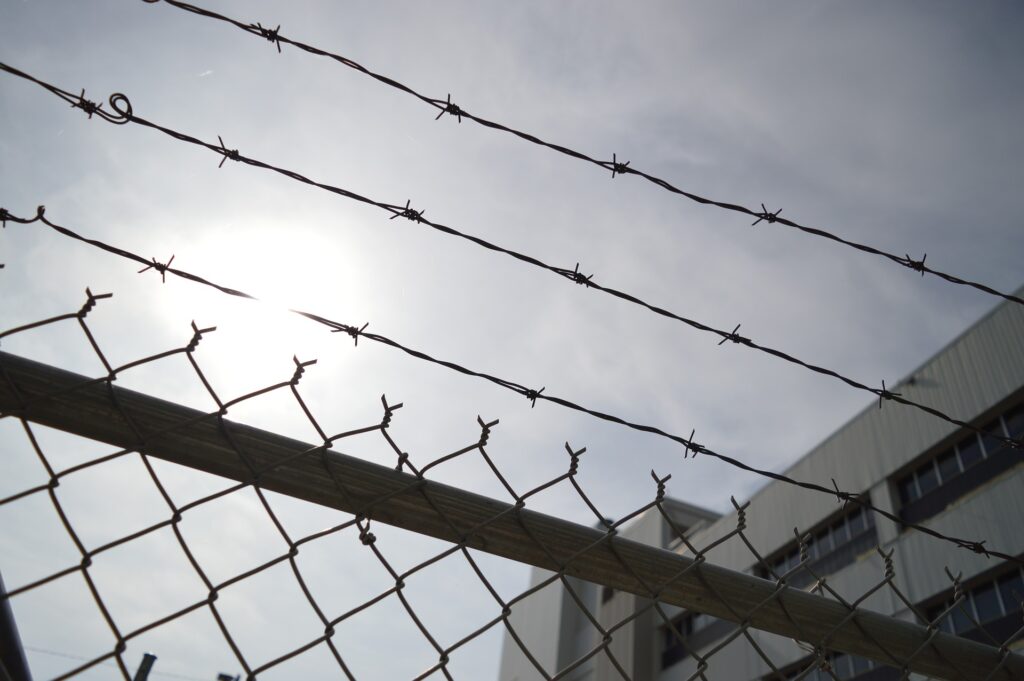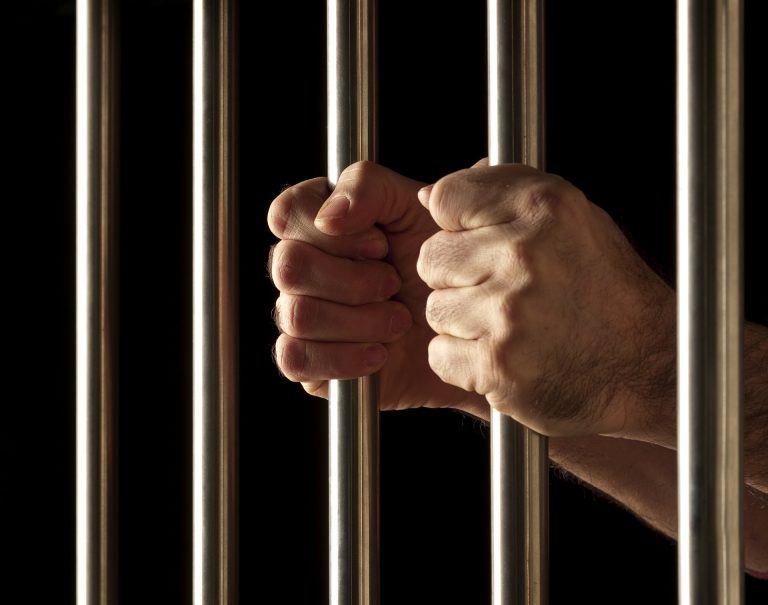To fight the spread of the coronavirus, some preventative measures are being taken by the court system of Illinois. The three main takeaways from these measures for those in the criminal justice system are that the prison population is being reduced, some arrests and prosecutions are being temporarily continued (which means delayed, but still happening at a future date), and some legal processes overseen by the Secretary of State are continuing at a reduced rate.

However, while these three points are good for many in the criminal justice system, the delays caused by court shutdowns also come with some negative impacts such as the potential to not receive a timely trial.
Prison Population to be Reduced
Due to the high infection rate of the coronavirus and the ease by which it can be spread, it is reasonable to assume that it could have devastating effects on the prison population. Social distancing and constant washing and sanitizing are not as easy to achieve for inmates as they are for people on the outside. These men and women are living in close proximity to one another without the means to protect themselves, or each other, from the virus.
Because of this glaring issue, Cook County has decided to release a portion of the non violent offenders who make up the prison population in an attempt to halt the spread of the disease. Additionally, there are other facts which will be considered when selecting who is released in order to reduce the prison population. Those who have served a majority of their sentences will be more likely to be considered, as well as those who are most at risk due to advanced age or underlying medical conditions.
Arrests and Prosecutions to be Continued
With the emphasis on reducing the prison and jail populations, it only makes sense for arrests and prosecutions of low level crimes to be temporarily continued as well. Adding more inmates to the prison system would only serve to exacerbate the spread of the disease. And without knowing if these new inmates have recently come into contact with someone who is infected, their addition into the system could potentially put all the other inmates at a higher risk.

This preventative measure not only serves to reduce and protect the prison population, but it also benefits both the courts and first responders. Currently, the Illinois court system is a bit overwhelmed as we all figure out how to move as much of the legal process online as possible, while also keeping the courts open in a safe manner for situations in which they are needed. By reducing the number of low level crime prosecutions, the strain on the court system is being lessened, allowing for more pressing matters to be addressed. And the reduction in low level crime arrests reduces the number of people moving through local police stations, keeping our first responders healthy and able to serve the community as needed.
BAIID Applications for DUI Offenders
One major legal process which is still ongoing is the BAIID (Breath Alcohol Ignition Interlock Device) program. This is a program for DUI offenders in which they have a device installed in their vehicle which prevents them from driving without first passing a breathalyzer test. The applications for this program are processed by the Illinois Secretary of State, and they will continue to be processed two times per week during the coronavirus shutdown.

This is an important program even during these times of social distancing, because there are many people who work for essential businesses and cannot afford to remain quarantined at home. The continuation of this program gives them an opportunity to continue working and earning a living for themselves and their families. If you have a summary suspension pending or upcoming, you should still prepare and file your application because it will likely be processed and, if accepted, your interlock system will be installed.
What This Means for You
First of all, we would like to point out that the temporary continuation of arrests and prosecutions for low level crimes is not an open invitation to commit those crimes. Just because you may not be arrested and prosecuted right now does not mean it will not happen once the courts are fully operational again. And because of this, it is important to keep up with your legal defense right now if you are expecting to be charged or prosecuted in the future, or if those proceedings had previously begun.

The most important thing to do right now from the perspective of your criminal defense case is to prepare. Rather than viewing this time as delaying your justice, think of it as a time for creating a more robust defense. However, the opposite is true for those who are currently in prison and were set to be released or paroled. Due to the court shutdowns, you may be spending more time in prison than intended, which is both a miscarriage of justice and a danger to your wellbeing. Regardless of which position you are in, our attorneys want to help.
Conclusion
Three key points to take away from how the coronavirus has affected Illinois criminal defense are the reduction of prison populations, arrests and prosecutions being temporarily continued, and some programs processed by the Secretary of State’s office being continued in a reduced capacity. This means you may be released early depending on your situation and you may still be able to apply for programs you need in order to work. However on the other side, your trial may be delayed which can cause frustrations, and the worst case scenario is that you may not be released on time.
Motta & Motta LLC
We believe that everyone charged with a criminal offense deserves the right to a timely and fair trial, and this shutdown will not stand in the way of our attorneys fighting for our clients to receive those rights. And we believe that keeping people locked up, when they should be free, in conditions where they cannot protect themselves from the virus spreading around the world is both dangerous and unethical. If you or someone you love is being impacted by the legal system delays, please call us today for a free consultation.
